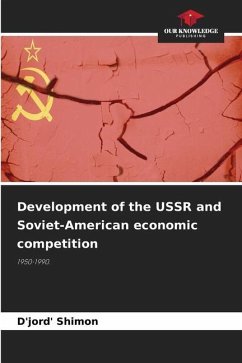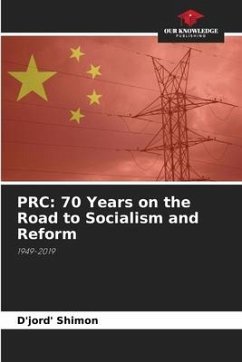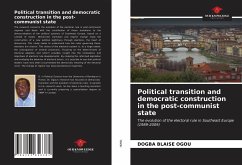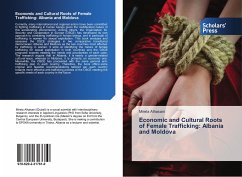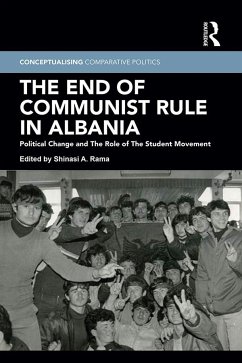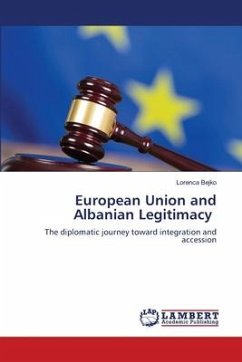
Economic history of Albanian socialism
Origins, development, outcomes
Versandkostenfrei!
Versandfertig in 6-10 Tagen
37,99 €
inkl. MwSt.

PAYBACK Punkte
19 °P sammeln!
In the second half of the 20th century, a bloc of socialist countries emerged under the leadership of the USSR, which existed for more than four decades. Most of them more or less followed the Soviet model of socialist construction. Albania declared independence from Ottoman Turkey in 1912. After World War I, 1914-1918, a brief period of parliamentary democracy was replaced by an open feudal-bourgeois dictatorship. During the Second World War of 1939-1945, Albania was occupied by the Albanian Empire. Albania was occupied by fascist Italy and later by Nazi Germany. Having independently accompli...
In the second half of the 20th century, a bloc of socialist countries emerged under the leadership of the USSR, which existed for more than four decades. Most of them more or less followed the Soviet model of socialist construction. Albania declared independence from Ottoman Turkey in 1912. After World War I, 1914-1918, a brief period of parliamentary democracy was replaced by an open feudal-bourgeois dictatorship. During the Second World War of 1939-1945, Albania was occupied by the Albanian Empire. Albania was occupied by fascist Italy and later by Nazi Germany. Having independently accomplished a people's democratic revolution during the liberation struggle, Albania's communists subsequently followed an orthodox Marxist course. Their policies led to the emergence of an ultra-Stalinist model of socialism based on economic autarky. In international relations, Albania oriented itself initially toward Yugoslavia (1944-1948), later toward the USSR (1948-1961), and then toward China(1961-1978). In the final phase, the Albanian leadership pursued a policy of self-reliance (1978-1992), which eventually led to the collapse of the regime.





